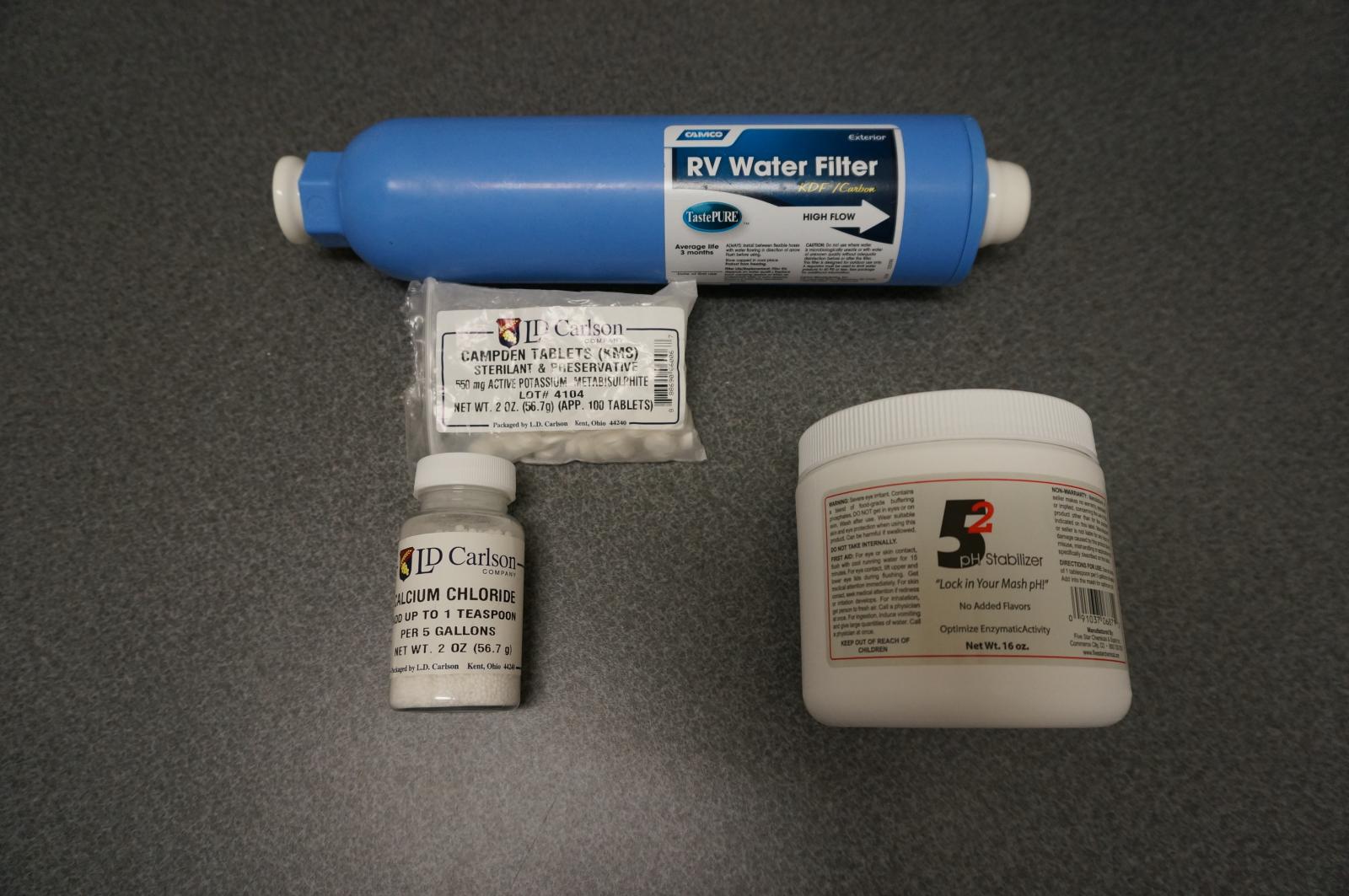What is this stuff? I have seen it mentioned on here numerous times and have always kinda wondered what it is. Does it just make every mash the right ph? If so how does it do this? As a new AG brewer this stuff could be gold!



There are better ways to get your mash and sparge pH's into the proper range than to use this stuff.
Can you elaborate??

Can you elaborate??

I'm not going to speak for mabrungard but my suggestion would be to obtain a water report, either from your local water source or by sending a sample off to a lab, and plug the numbers into a spreadsheet like EZ Water Calculator. Then it's a simple matter of entering your beer recipe and tweaking the lactic acid, acidulated malt, etc. values until you dial in your desired pH. EasyPeasy. And at this point it's super easy to adjust your chloride and sulfate levels too, if that's something you're interested in.

You say easypeasy, to me putting a teaspoon of something into my water is Easy peasy...not getting lab water reports and buying chemicals to tweak my water profile lol
I'm no AG expert and use city water. I've tried recipes with and without the stabilizer. Used it when I first started AG due to my being nervous about getting everything just right. After 40-50 batches I find that it didn't make any noticible difference in what the end product turned out to be. Ran out of it and am not planning on buying any more.

Enter your email address to join: